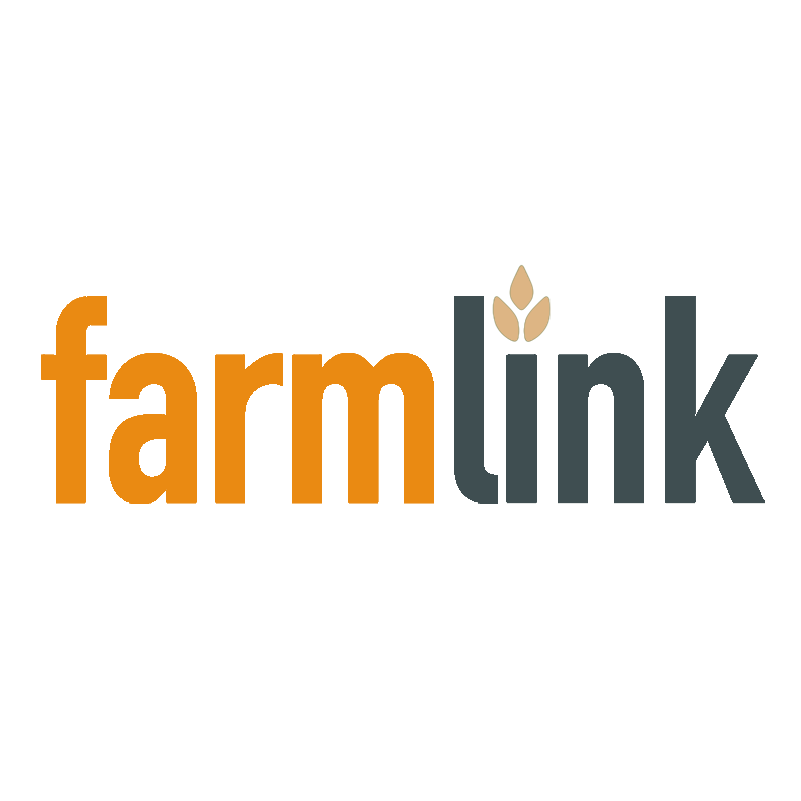
FarmLink
FarmLink has created a new supply chain by providing logistics and distribution support to move surplus food from farms to food banks, while providing economic relief to farm workers and truckers. Since March, FarmLink has rescued over 250,000 pounds of fresh food and expects to collect and deliver another 500,000 pounds in the next 90 days.
STORIES AND PHOTOS
FarmLink told us the story of Blake and her husband Andrew, who started a goat farm in upstate New York with their three children, ages six, four, and one. Their farm, although small, was doing well – they sold the majority of their milk to creameries around the Tri-State area and created a side value product of goat milk gelato, which is popular among college students and local families. However, just like many other small farmers across the nation, the COVID-19 pandemic devastated their business model.
“When coronavirus hit and restaurants closed down, there was no space in homes for delicacies like goat milk gelato and goat cheese,” Blake explained. “Those were the first things to go.” For the first six weeks of the pandemic, all of their distribution creameries shut down. Blake and her husband would dump 95% of the 100 gallons of goat milk they produced each day. “It was like a punch in the gut.” They still had to pay all of their bills, feed their animals and children, and maintain their farm, yet they had no choice but to destroy everything they produced. For a few weeks amid the pandemic, they sold milk to food banks around the Fingerling Lakes through a new creamery, which kept them afloat for a little while, but then their funds ran out as well. To try and preserve some of their milk, Andrew and Blake decided to start bottling their goat milk for later distribution. Blake discovered that goat milk, unlike many baby formulas, is the most easily digestible milk by babies. However, they still had nowhere to send these bottles.
Blake found out about FarmLink by chatting with people at local food banks. Together, they found two organizations eager to receive Blake and Andrew’s bottled goat milk – the North Country Prenatal Perinatal Council and Mercy Church. The NCPPC services women and young families and used 300 quarts of Blake’s milk as baby formula. Mercy Church received the remaining 150 quarts of milk. Mercy Church will distribute the goat milk at their bi-weekly soup kitchens that feed hundreds of people in the upstate area. Blake says, “I’m just so happy that we worked out a way to get this milk back to the people instead of dumping it.
FarmLink also partnered with Food Rescue US – Detroit to help deliver 40,000 pounds of potatoes from a farm in Washington state and 1,430 boxes of fresh produce (equaling 35,750 pounds) from Pacific Produce to the people of Detroit. Thanks to the help of local farms and packaging facilities, FarmLink has been able to help facilitate surplus produce to places and communities in need. Farmers across the US have struggled to unload their produce as a result of declining demand in the food service industry. In order to help fill in gaps of food insecurity, both farmers and packaging facilities alike have stepped up to share the burden of helping to distribute their extra food. The FarmLink team is incredibly thankful for the generous work of both farmers and packaging facilities which directly benefits communities in need of assistance.
FarmLink works with United Hands Food Bank, a neighborhood-run non-profit serving low-income families in the Compton, Los Angeles, and one of the organizations that received a shipment of 450,000 potatoes. United Hands distributed the potatoes to more than 2,000 families at their weekly food giveaway.
“It was a blessing that came from above,” Martha from United Hands said. She had planned to buy potatoes that day, but the shipment provided them with enough food to feed every individual that attended their giveaway. Martha said that since the coronavirus outbreak, members of the community begin to line up at 9:00 am for an event that starts at 2:00 pm. “If you have people lining up in the hot sun for hours, that’s how you know it’s bad.”
Martha also reported a large increase of men and children in line. At the last giveaway, more than sixty men laid off from the same company that day stood in line for the potatoes and other produce. She also saw more children waiting – staying home from school deprives them of school lunches, which for many of them is their only meal of the day.
FarmLink also works with Navajo Nation Potato Delivery. As of this writing, 4,000 positive cases were confirmed in Navajo Nation. FarmLink facilitated the delivery of more than 40,000 pounds of potatoes that would have otherwise gone to waste, from Desert Ridge Farm, in Moses Lake, Washington, to the Navajo Nation communities in New Mexico and Arizona.
The Navajo Nation Christian Response team received and distributed the potatoes throughout the reservation with the help of several other local organizations. Christian Vazquez of Strengthening Nations reiterated the scarcity of basic produce, like potatoes. “We don’t usually have [potatoes] in that bulk and wow, that was awesome,” he said, referencing the truckload of potatoes. “The produce is usually the first thing to go. It’s really fulfilling getting things to people who really need them." Potatoes rise above the level of a staple; they nourish people and help build connections between communities, from Washington to New Mexico and Arizona. These kinds of connections provide hope – even for those fighting personal battles – in the time of coronavirus.